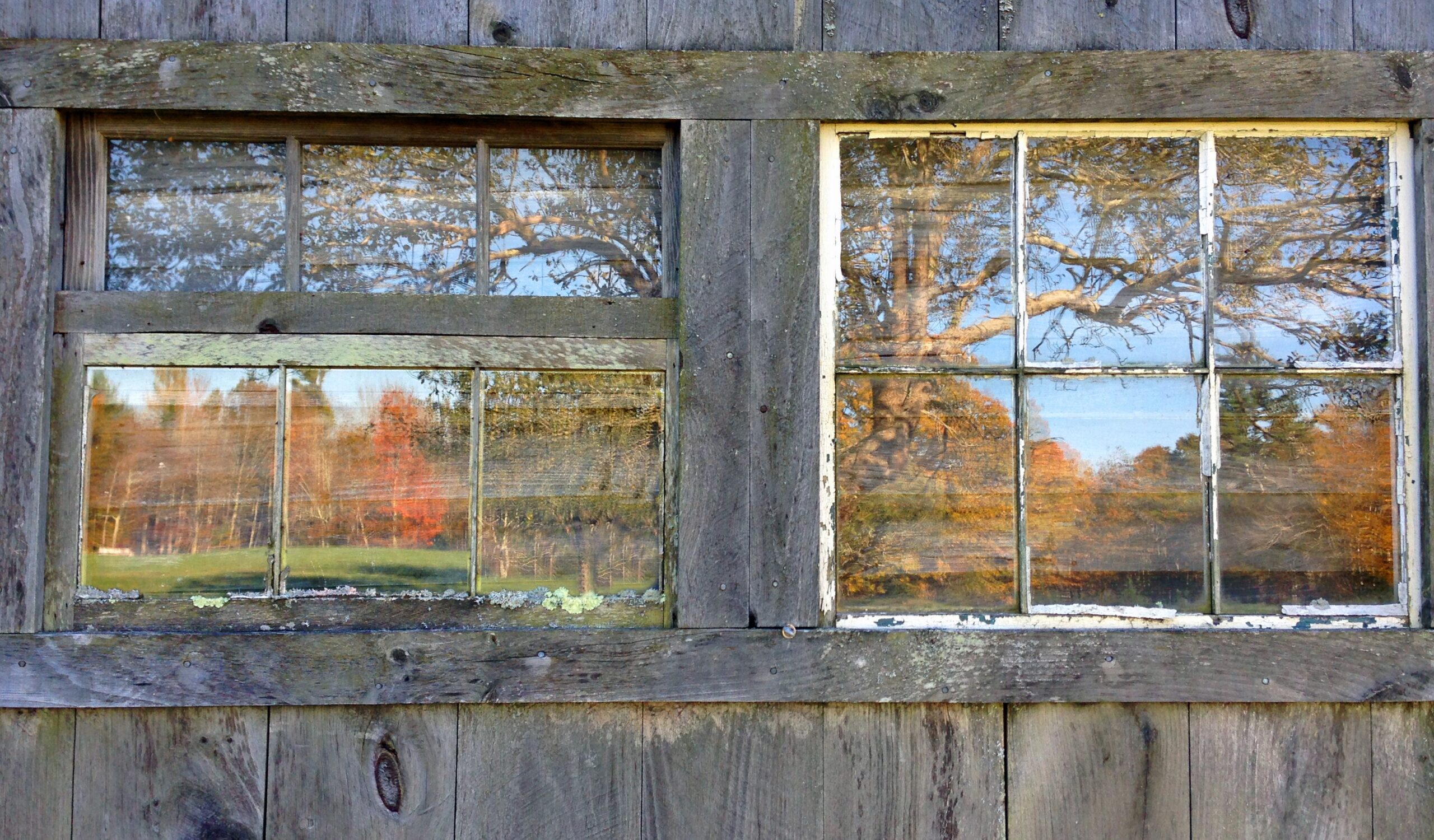
The Time in Our Life for Deep Caring
Biologically, many men (and some women) were simply “wired” during their early adulthood to competition and achievement, rather than bonding and nurturing. The biology begins to change (thanks mostly to alternations in hormonal composition) for these men and women as they grow older. With maturation comes greater “emotionally intelligent” (Goleman, 1995). In part this shift toward bonding and nurturing occurs because of these hormonal shifts and in part because of accumulating relational experiences. In our 50s (and particularly even later in life) we are inclined to spend more time with the people we love (including our grandchildren) and are usually better able to spend this time relating skillfully and with emotional attunement to the needs of these loved ones. A lovely convergence of shifting priorities and expanding competencies.
We would suggest that this new world of relationships often engages an even more important and not always appreciated benefit—a benefit that is very soul-filled. The more fully engaged and skillful relationship with grandchildren can lead to a profound sense of redemption. We can begin to forgive ourselves for being a less than “perfect” parent. We can “make up” (at least in part) for the evening when we read the paper rather than listened to our daughter’s latest story about a broken relationship with her best friend. We can begin to compensate for the inappropriate priority assigned to the carefully prepared lasagna rather than the carefully listened to conversation with our son as he recounts inning-by-inning the baseball game in which he played left-field.
It is important for us to acknowledge that these benefits seem to accrue even when our grandchildren are grown up and are now adults. As one of us [JW] has noted (Wright, 2015, p. 22):
We all know the benefits of a close and loving relationship between grandparents and their young grandchildren. What we often overlook, however; is the incredible richness and significance of these multi-generational relationships among adult grandchildren.
We might no longer be seeking redemption. However, we are now blessed with the opportunity to witness the success of our own children as parents. They have raised one or more children who are now themselves thriving in life – and may be raising their own children (imagine now being a great-grandparent!!). To know that our care for children and grandchildren – however imperfect—has led to continuity and succession of family legacy over several generations is one of the great mysteries of life.
Soulfully, we can see ways in which the best part of us remains alive and replicated in future generations. We are leaving a legacy. We can reiterate John Kotre (1984) assertion that this allows us to outlive our self. We might not be sitting under the shadow of the tree or even marvel at the tree and those who can sit under tree—but we will know (or at least hope) that the tree and those dwelling under the tree will be there in the future. It was well worth the effort to plant and nourish the tree.
Expansion of the Legacy
One final point. We believe that these benefits accrue not just to grandparents, but also to the older men and women who choose to spend high quality time with young people—whether or not these young people are related to them. Many of the stories shared by one of us [JW] about multi-generational relationships were about relationships that existed outside the traditional inter-generational family structure (Wright, 2015). Redemption can take place in many settings and with many younger people. There can be many different kinds of forgiveness that comes with establishing caring and nurturing relationships with a younger generation.
One of us [WB] has served as president of a graduate school of psychology for many years. The mature graduates of his school are the primary speakers at their own graduation ceremony. One of the graduates several decades ago had served in the British Air Force during World War II. He was a bombardier who was responsible for dropping bombs over Dresden during the war.






